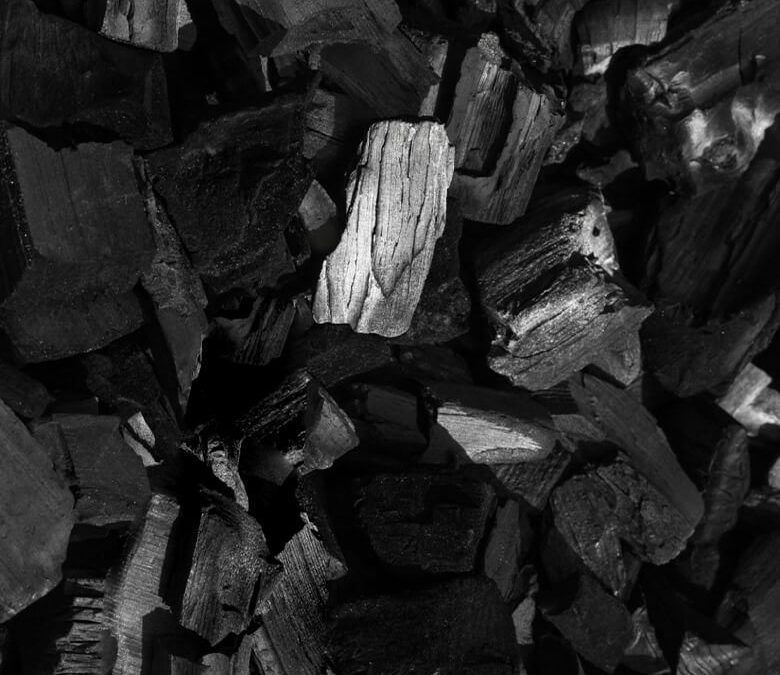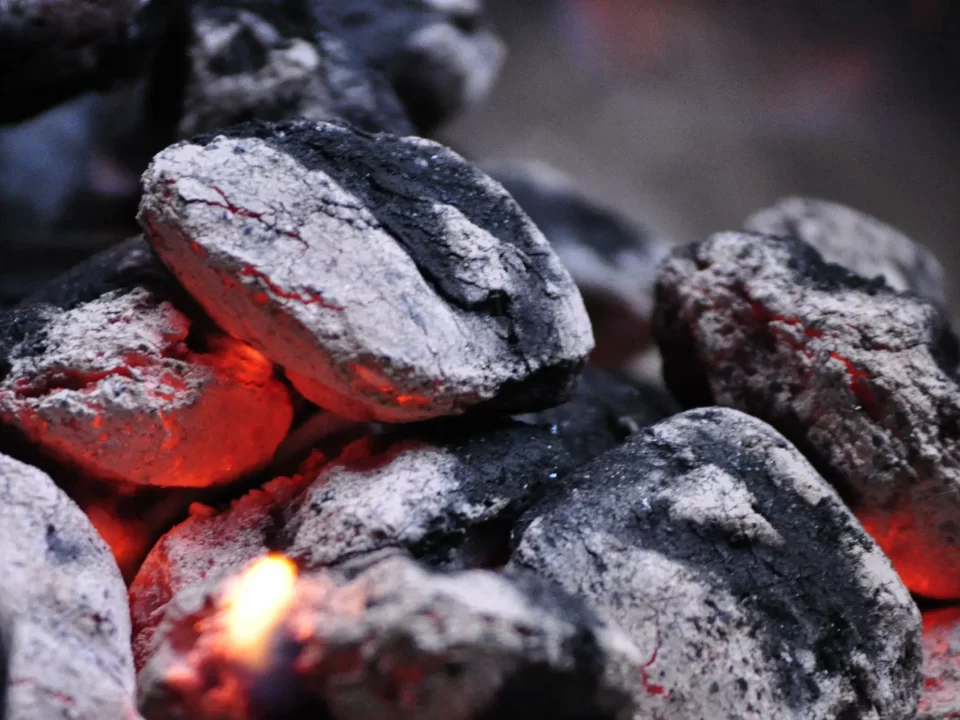Introduction
Charcoal, an age-old material known for its versatility and unique properties, has been used by humans for various purposes throughout history. From cave paintings to modern art and from industrial applications to health and beauty products, charcoal’s significance has endured the test of time. In this article, we will explore the fascinating world of charcoal, its production methods, and its diverse applications in today’s world.
Click here to order your best quality charcoal from us.
Table of Contents
- What is Charcoal? 1.1 Brief history and origins 1.2 Types of charcoal
- The Charcoal Production Process 2.1 Traditional methods 2.2 Modern techniques and sustainability
- The Uses of Charcoal 3.1 Art and creativity 3.2 Industrial applications 3.3 Culinary delights 3.4 Health and beauty products
- Activated Charcoal: A Detoxifying Agent 4.1 How activated charcoal works 4.2 Medical and emergency uses 4.3 Skincare benefits
- Charcoal in Gardening and Agriculture 5.1 Soil enhancement properties 5.2 Water filtration and purification
- The Environmental Impact of Charcoal Production 6.1 Sustainable practices 6.2 Addressing deforestation concerns
- Busting Myths About Charcoal 7.1 Charcoal and teeth whitening 7.2 Charcoal for toxin removal 7.3 Charcoal’s impact on the digestive system
- Innovations and Future Prospects 8.1 Biochar advancements 8.2 Charcoal as a renewable energy source
What is Charcoal?
Charcoal is a black, porous, and lightweight material derived from the carbonization of organic matter, usually wood, in the absence of oxygen. The history of charcoal dates back thousands of years, with early humans using it for artistic expression in cave paintings. Today, there are various types of charcoal available, including lump charcoal, charcoal briquettes, and activated charcoal, each with its unique characteristics and uses.
The Charcoal Production Process
Traditionally, charcoal was produced by stacking wood in a mound and covering it with soil, a process known as pyrolysis. This method resulted in charcoal but was inefficient and contributed to deforestation. However, modern techniques have evolved, and sustainable practices have been adopted to ensure a more eco-friendly approach to charcoal production. These methods involve using retort kilns, where controlled heating of wood takes place in a closed system, preventing the release of harmful gases into the atmosphere.
The Uses of Charcoal
Art and Creativity

Charcoal has been a favored medium for artists for centuries due to its excellent shading and blending properties. From life drawings to expressive sketches, artists appreciate the versatility that charcoal offers in their creations.
Industrial Applications
In the industrial sector, charcoal plays a vital role in metallurgy and as a reducing agent in metal production. Its high carbon content makes it a suitable choice for processes that require high temperatures and the removal of impurities.
Culinary Delights
Charcoal has found its way into the culinary world as well. The use of charcoal for grilling imparts a unique smoky flavor to food, making it a popular choice for barbecues and outdoor cooking.
Health and Beauty Products
Activated charcoal has gained immense popularity in recent years for its detoxifying properties. It is used in skincare products to draw out impurities and toxins from the skin, leaving it fresh and rejuvenated.
Activated Charcoal: A Detoxifying Agent
Activated charcoal is a specially processed form of charcoal with increased porosity. It is created by heating charcoal with a gas that causes the formation of internal spaces or pores. These pores give activated charcoal its ability to absorb toxins and chemicals effectively. In the medical field, activated charcoal is used to treat certain types of poisoning and drug overdoses.
Charcoal in Gardening and Agriculture

Soil Enhancement Properties
Charcoal has been proven to improve soil structure and fertility. When added to the soil, it helps retain moisture, nutrients, and beneficial microorganisms, enhancing plant growth.
Water Filtration and Purification
Charcoal filters are commonly used to purify water. The porous nature of charcoal allows it to trap impurities and pollutants, providing cleaner and safer drinking water.
The Environmental Impact of Charcoal Production
With the increasing demand for charcoal, there are concerns about its environmental impact, particularly related to deforestation. Sustainable practices, such as afforestation and using waste biomass for charcoal production, can help mitigate these issues.
Busting Myths About Charcoal
Charcoal and Teeth Whitening
While charcoal’s abrasive nature may give the appearance of whitening teeth, there is a lack of scientific evidence supporting its long-term effectiveness and safety for dental use.
Charcoal for Toxin Removal
Activated charcoal can indeed absorb certain toxins in the body, but its indiscriminate use is not recommended. It can also bind to essential medications, reducing their effectiveness.
Charcoal’s Impact on the Digestive System
Contrary to popular belief, charcoal is not suitable for regular consumption. While it may help with occasional digestive issues, its long-term use can interfere with nutrient absorption.
Innovations and Future Prospects
Research into biochar, a type of charcoal used for soil amendment, is gaining momentum. Additionally, the development of sustainable charcoal production methods holds promise for the future as a renewable energy source.
Conclusion
Charcoal, an ancient material with its roots dating back to prehistoric times, continues to play a significant role in various aspects of our lives. From artistic expression to industrial applications, and from skincare to agricultural improvements, charcoal’s diverse uses showcase its enduring relevance in the modern world. However, it is crucial to balance the benefits of charcoal utilization with sustainable practices to ensure a greener and healthier future.
Click here to order your best quality charcoal from us.
FAQs
- Is charcoal safe for teeth whitening? Charcoal’s abrasive nature may lead to enamel erosion, making it unsuitable for long-term teeth whitening. It is best to consult a dentist for safe whitening alternatives.
- How does activated charcoal work in skincare products? Activated charcoal has porous properties that allow it to absorb impurities and toxins from the skin, making it an effective ingredient in skincare products.
- Can charcoal be used as a water filter at home? Yes, charcoal filters can be used at home to purify water. They effectively trap impurities and provide cleaner drinking water.
- Is charcoal production contributing to deforestation? While traditional methods of charcoal production were linked to deforestation, sustainable practices and the use of waste biomass are being adopted to mitigate these concerns.
- How can charcoal improve soil fertility in agriculture? Charcoal enhances soil structure, retains moisture and nutrients, and supports beneficial microorganisms, leading to improved plant growth and fertility.
Warning: Trying to access array offset on value of type null in /home/dandogl1/public_html/wp-content/themes/dando/includes/content-single.php on line 286




